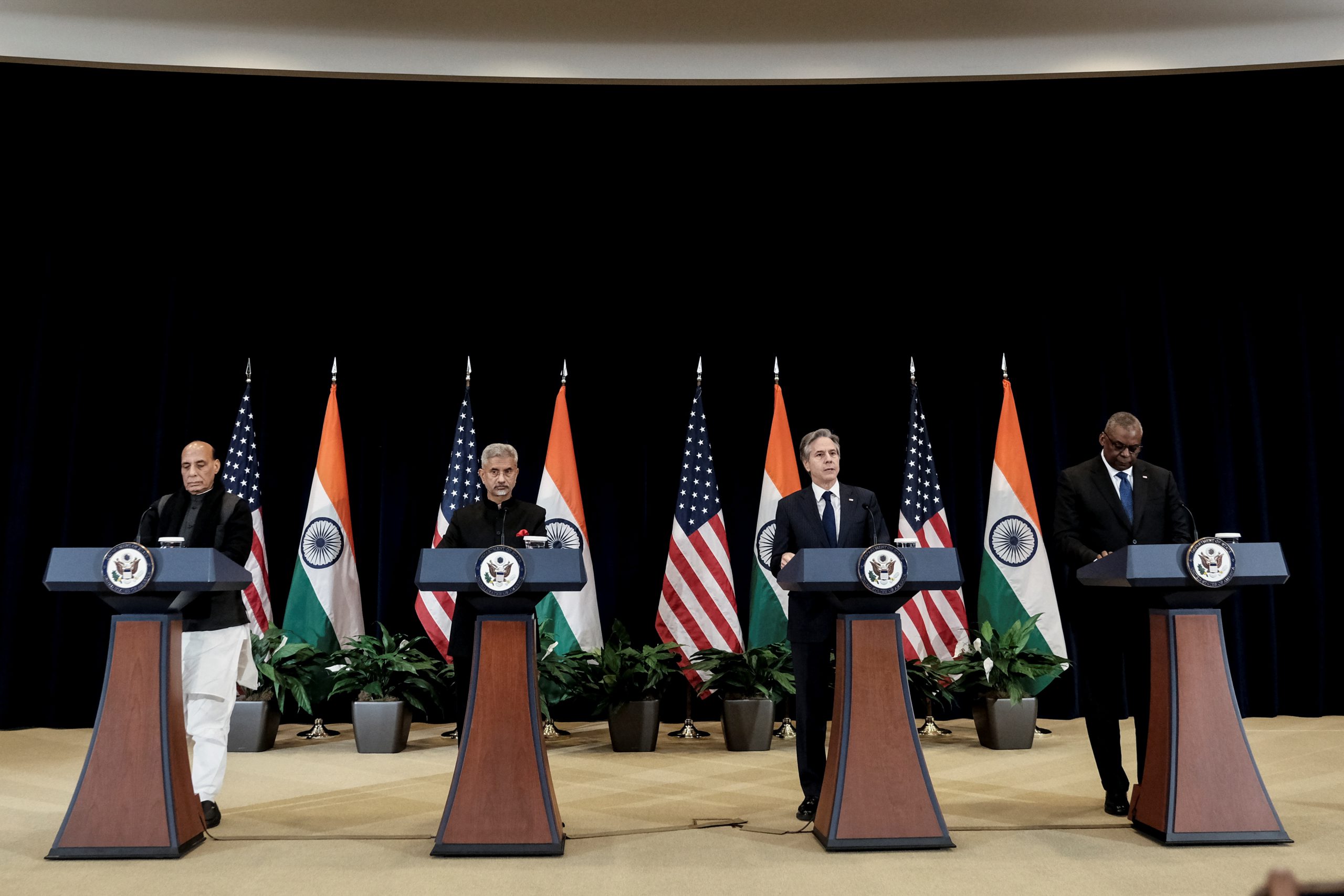Lebanon parliament passes 2022 budget that falls short of IMF reform
Beirut (Reuters) – Lebanon’s parliament passed the 2022 budget on Monday using an exchange rate for customs tax revenues that lies far below the market value of the Lebanese pound, falling short of economic reform measures that would pave the way for an IMF deal.
An agreement with the lender of last resort is seen as a first crucial step for Lebanon to begin exiting a three-year financial implosion that has left most people poor and plunged the country into its worst crisis since the 1975-90 Civil War.
An April staff-level agreement between Lebanon’s government and the International Monetary Fund (IMF) said authorities should increase revenues to fund the crippled public sector and allow for more social spending by calculating customs taxes at a “unified exchange rate”.
But parliament endorsed a rate of 15,000 pounds to the dollar, while the market rate sat at around 37,000.
Officials view the approval of a higher exchange rate for imports as a move that would be unpopular in the heavily import-dependent country.
The budget – adopted with just three months left in the year – calculated expenditures at 41 trillion Lebanese pounds, or just $1.1 billion at the market rate on Monday, and revenues at 30 trillion Lebanese pounds.
Its hard-currency value marks a massive drop from the 2019 budget, the last before the crisis, which was worth more than $16 billion – a result of the depreciation of the Lebanese pound by more than 95% since that year.
The 2022 budget tripled salaries for all public sector workers, including the army and security forces, many of whom now earn less than the equivalent of $50 per month.
Ibrahim Kanaan, a lawmaker who heads parliament’s budget committee, told Reuters the back and forth between officials over the customs rate had cost the country valuable time.
“We spent six months (on the budget)… and up until tonight, they were still dancing between different rates. This is not healthy,” he said.
The IMF had no immediate comment.
Last week it noted that progress towards reforms had been “very slow” and said delays in approving the 2022 budget meant that focus must now turn to the 2023 budget.
“This should be based on realistic macroeconomic assumptions, with the necessary revenue raising measures, including the use of a realistic exchange rate… for all tax purposes,” it said.
Sibylle Rizk, director of public policies at advocacy group Kulluna Irada, said the 2022 budget did not put Lebanon on a path towards fiscal accountability, and would not afford the government the funds to invest in key social expenditure.
“It’s an extremely regressive budget in one of the most dire periods for Lebanese society,” she said.
“It shows that… Lebanon now has a zombie state. Authorities show no willingness to start key reforms to put the country back on the track of fiscal and debt sustainability and provide basic services to the population,” she said.
The government has said the 2022 budget was supposed to be corrective but that the 2023 budget would include deeper reforms.



